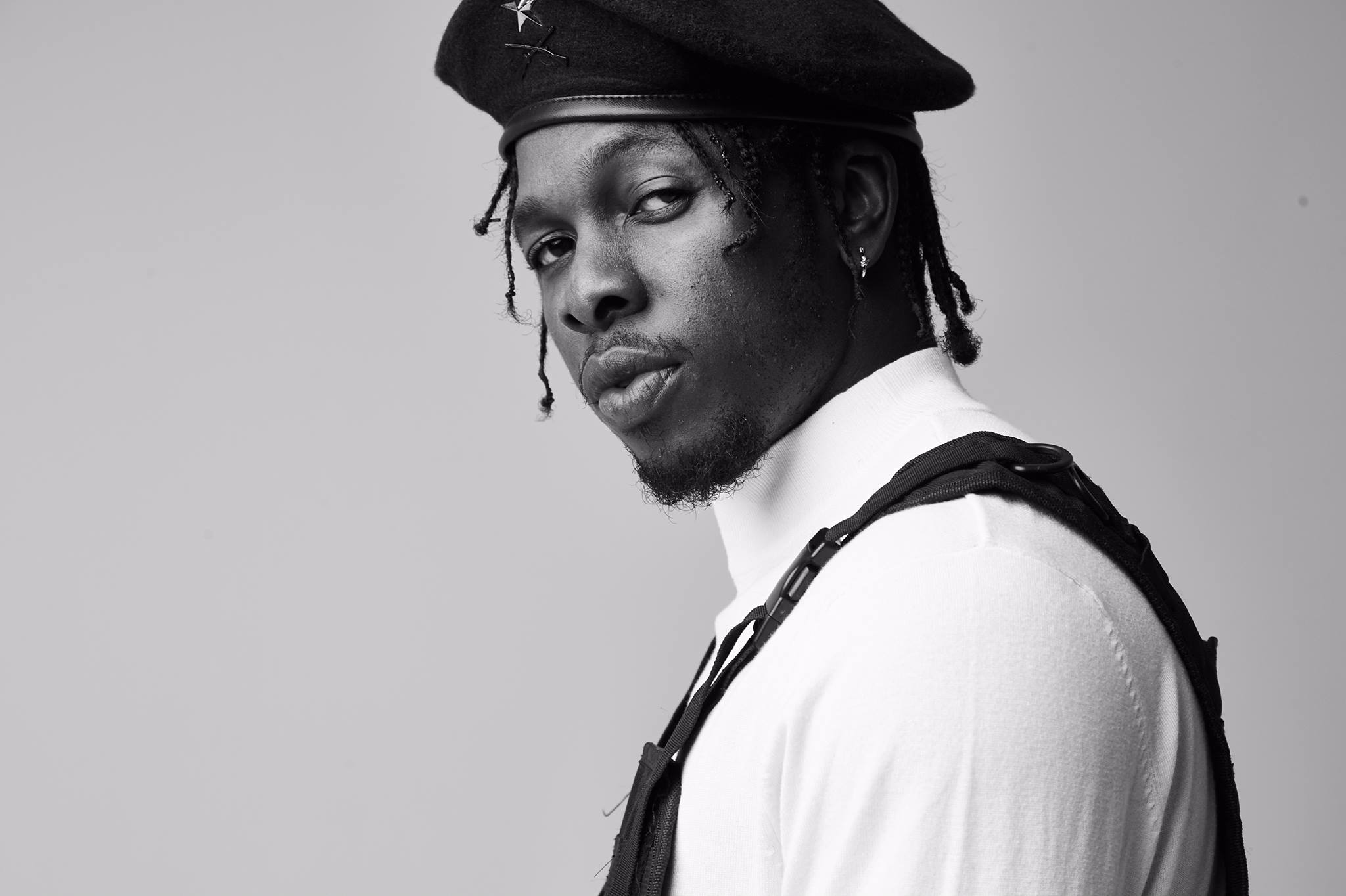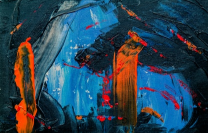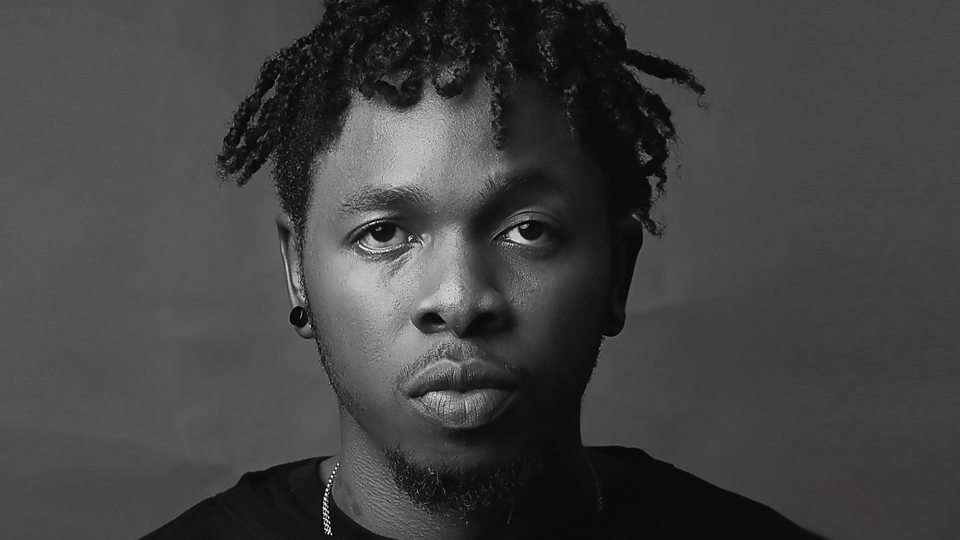Interviews
How Run Town Went From Humble Beginning To a Nigerian Superstar!
Jack Pepper
April 26, 2021
Standing with the world at his feet, Nigerian afrobeats star Runtown hasn’t forgotten the work he’s put in. Hailing from Enugu, an Igbo state on the east side of the country, he remembers a time when money was so tight, him and his friends would walk five miles to the recording studio just to lay down a track. “Living life in the hood—in the ghetto—with my friends made me see life in a different way,” he recalls.
His parents had little but valued education. Though they guided him towards professions like medicine and engineering, he was more concerned with playing basketball and learning how to produce music after hours. It was in 1996 when Runtown—known then simply as Douglas Jack Agu—lost his father; a point in his life when he decided not to hold back on his interest in music. Hoping he could one day live up to his late father’s expectations, he got to work with honing his skills in the studio, focussing on the craft of the music he loved so much.
In 2016, his fortunes changed dramatically. After some issues he dealt with in court, some back and forth between his label and his management, his mother rang. She told him to remain positive, and he knew exactly what he needed to do. “Okay,” he thought, “I have to come out with the biggest song in Africa.” The track he then recorded, Mad Over You, enjoyed worldwide success, an afrobeats hit clocking somewhere over 60 million plays on YouTube.
“The whole world is listening to that Afro sound right now,” he says as a matter of fact. Together with Nigeria’s biggest music stars, Wizkid, Davido, Burna Boy, and Tekno, Runtown now helps hold the torch for Africa’s most populated nation on the world stage. Comparing the afrobeats wave today to the popularity that reggae and dancehall enjoyed in the 90s, Runtown is convinced now is Nigeria’s time to shine.
In the midst of global fame, however, he remains humble. “I’m not a hunter, I’m a gatherer,” he says, “I believe in paying more attention.” Knowing what its like to have nothing has been a crucial part of his work ethic, as he continues to focus on the fine details of his music. “If you have nothing to lose,” he continues, “then I’m not working with you.”
Subscribe to our newsletter
Gain access to exclusive interviews with industry creative, think pieces, trend forecasts
By subscribing, you agree to our Terms of Use and Privacy Policy





